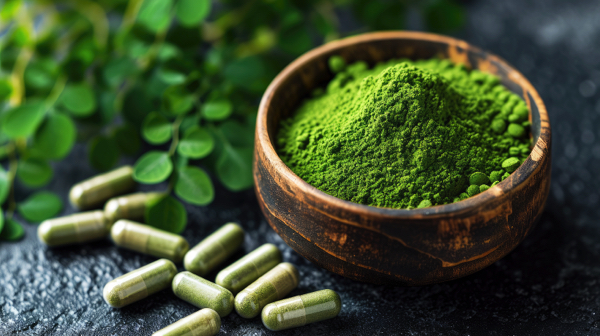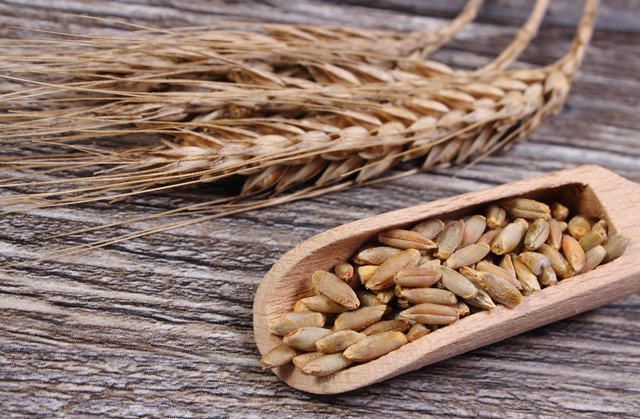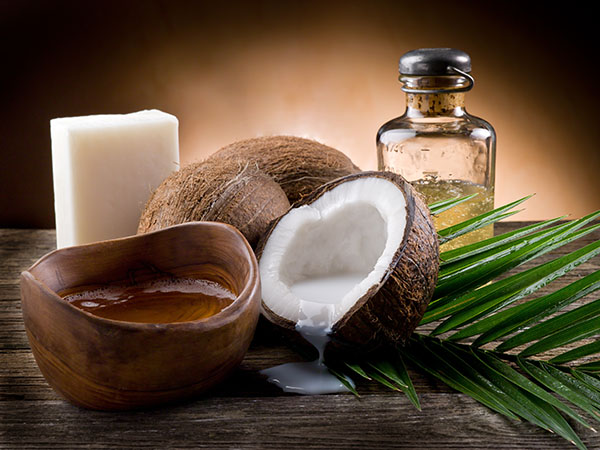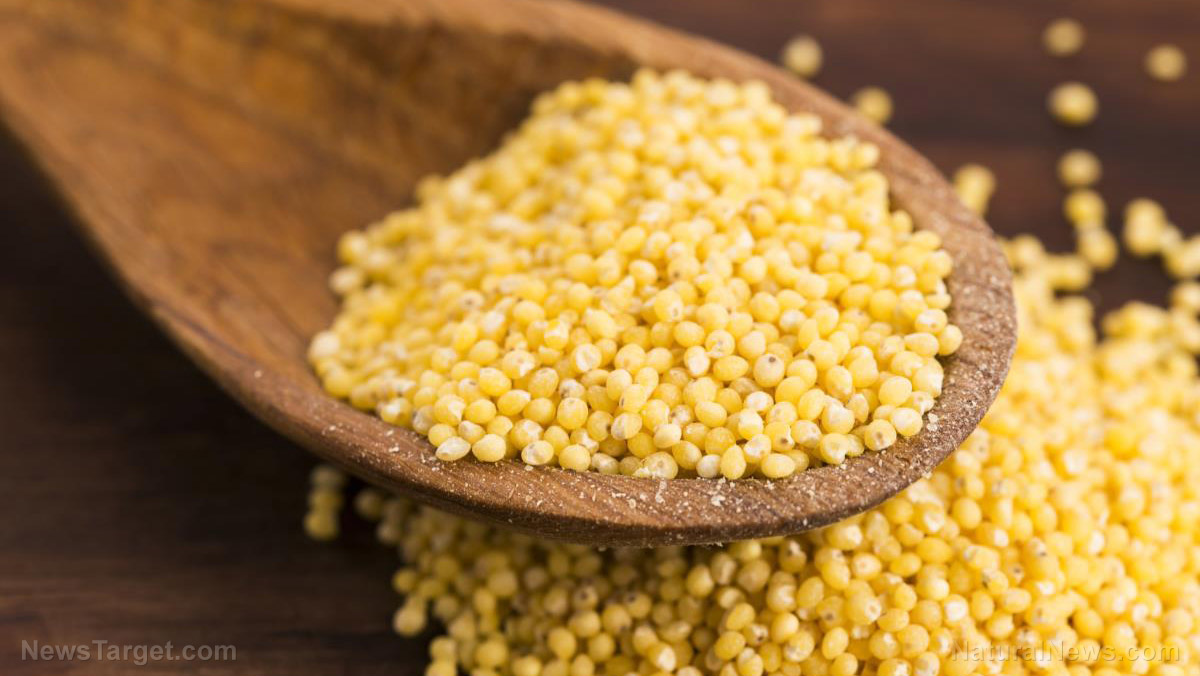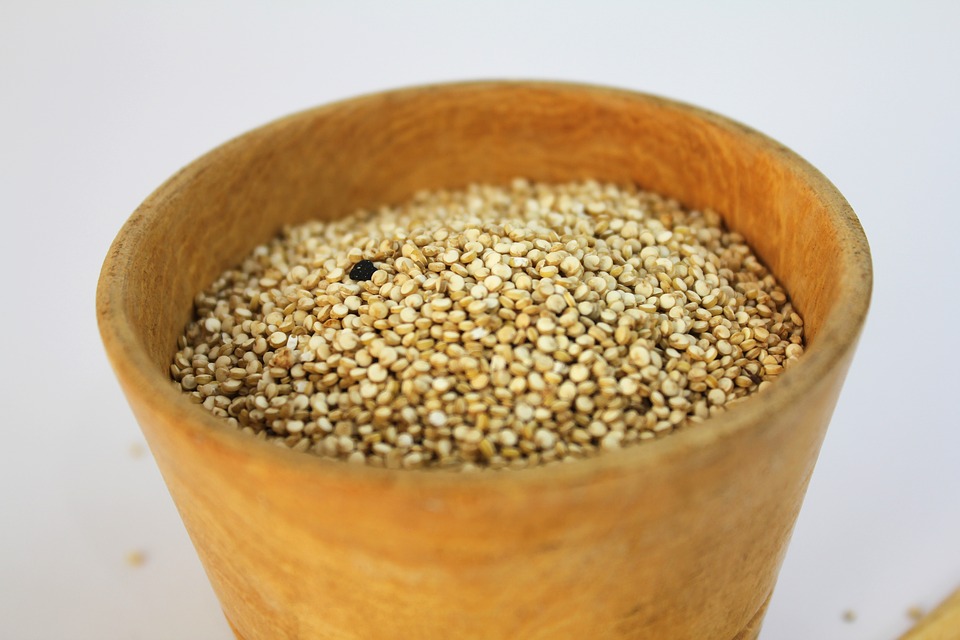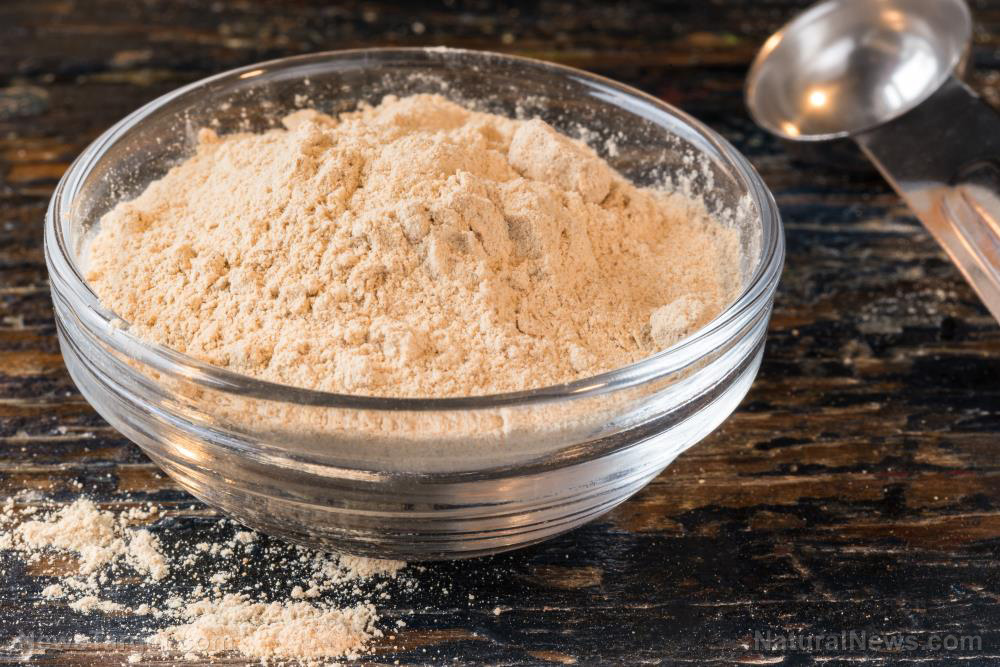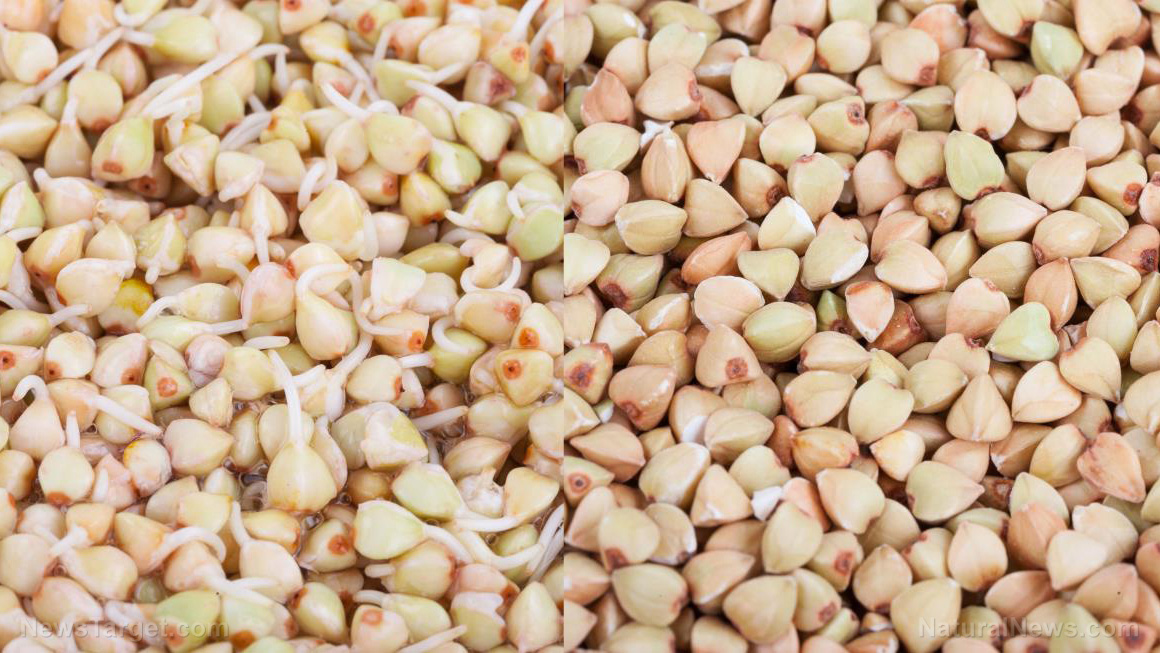Whey protein: History, nutritional benefits and culinary uses
04/29/2025 / By Laura Harris

- Whey protein is a high-quality protein derived from the liquid byproduct of cheese production. It is processed into three main forms: whey protein concentrate (WPC), whey protein isolate (WPI) and whey protein hydrolysate (WPH), each offering varying levels of protein purity and absorption rates.
- It has been consumed for thousands of years, but modern whey protein as a dietary supplement emerged in the 20th century. It gained popularity in the 1970s and 1980s among athletes and bodybuilders and is now a multi-billion-dollar industry.
- Whey protein is a complete protein containing all nine essential amino acids and is particularly rich in branched-chain amino acids (BCAAs). It supports muscle growth, recovery, immune function and antioxidant production and is low in fat and carbs, making it ideal for various dietary needs.
- While generally beneficial, excessive whey protein intake can cause digestive discomfort or kidney strain in some individuals. Those with lactose intolerance or milk allergies should opt for WPI or plant-based alternatives. Organic whey protein is preferred by some for its reduced pesticide residues and higher animal welfare standards.
- Whey protein is versatile and can be added to smoothies, baked goods, oatmeal, soups and snacks. Popular recipes include protein pancakes, chocolate smoothies, energy balls and protein-enriched muffins or ice cream, making it easy to incorporate into daily meals.
Whey protein has become a staple in the diets of athletes, fitness enthusiasts and health-conscious individuals worldwide. Known for its high-quality protein content and impressive nutritional profile, whey protein is celebrated for its ability to support muscle growth, recovery and overall health.
Whey protein is a byproduct of cheese production. When milk is curdled to make cheese, the liquid that separates from the curds is called whey. This liquid contains a mixture of protein, lactose, vitamins and minerals. Through filtration and drying processes, whey is transformed into a concentrated protein powder, which is then used as a dietary supplement or food ingredient.
Whey is categorized into three primary types based on its processing methods. Whey protein concentrate (WPC) typically contains 70-80 percent protein, along with small amounts of lactose and fat. The second type, whey protein isolate (WPI), is a more refined form, boasting 90 percent or higher protein content with minimal lactose and fat, making it a popular choice for those seeking a purer protein source.
The third type, whey protein hydrolysate (WPH), undergoes a pre-digestion process that breaks down the protein into smaller peptides, allowing for faster absorption. This form is often utilized in medical protein supplements and specialized nutritional products. Each type offers distinct benefits depending on individual dietary needs and goals.
Ancient civilizations, such as the Greeks and Romans, recognized the nutritional value of whey and consumed it as a beverage. However, whey protein only emerged as a modern dietary supplement in the 20th century with advancements in food processing technology.
In the 1930s, scientists began isolating whey protein from milk, but it wasn’t until the 1970s and 1980s that whey protein gained popularity as a dietary supplement, particularly among bodybuilders and athletes. Today, it is a multi-billion-dollar industry, with whey protein powders, bars and shakes widely sold in supermarkets.
Nutritional benefits
Whey protein is a complete protein, meaning it contains all nine essential amino acids that the body cannot produce on its own. It is particularly rich in branched-chain amino acids (BCAAs), such as leucine, which play a key role in muscle protein synthesis. Here are some of the key benefits whey protein provides:
- High-quality protein: Supports muscle repair, growth and maintenance.
- Immune support: Contains immunoglobulins and lactoferrin, which may boost immune function.
- Antioxidants: Rich in cysteine, a precursor to glutathione, a powerful antioxidant.
- Low in fat and carbs: Whey isolate and hydrolysate are low-fat and low-carb, making them ideal for low-calorie diets.
- Digestive health: Some whey proteins contain probiotics or prebiotics to support gut health.
Whey protein is also used in food manufacturing to enhance the protein content of products like baked goods, cereals and beverages. (Related: Whey protein for breakfast helps diabetics lose weight safely and effectively.)
Culinary uses and recipes
Whey protein is incredibly versatile and can be incorporated into a wide range of recipes, including:
- Smoothies and shakes: A quick and convenient way to boost protein intake.
- Baked goods: Added to muffins, pancakes and protein bars for a nutritious twist.
- Oatmeal or yogurt: Mixed in for a protein-packed breakfast.
- Soups and sauces: Used as a thickening agent or to enhance nutritional value.
- Protein-enriched snacks: Found in protein chips, cookies and energy balls.
You may add whey protein to the following:
- Protein pancakes: Combine whey protein powder, oats, eggs and almond milk for a high-protein breakfast.
- Chocolate protein smoothie: Blend whey protein, banana, cocoa powder and almond milk for a delicious post-workout treat.
- Protein energy balls: Mix whey protein, peanut butter, oats and honey for a no-bake snack.
- Protein-packed muffins: Add whey protein to your favorite muffin recipe for a nutritious boost.
- Protein ice cream: Blend whey protein with frozen bananas and a splash of milk for a healthy dessert.
This story is not medical advice and is not intended to treat or cure any disease. Always consult with a qualified naturopathic physician for personalized advice about your specific health situation or concern.
Visit NaturalNews.com, an excellent resource for related articles about health and nutrition. This platform allows you to explore the world of superfoods and uncover their many health benefits.
You can also try Brighteon.ai, an AI model created by Mike Adams, also known as the Health Ranger. This model is available as a free download to be run locally and is designed to help share and decentralize knowledge. By doing so, it aims to bypass censorship and empower people with knowledge.
For a platform that champions uncensored video content and free speech, particularly for discussions on nutrition, natural medicine, ingredients and related topics, check out Brighteon.com, a website that offers a space for open dialogue and exploration of these subjects without restrictions.
Lastly, you can try Brighteon.IO and Brighteon.social, two free speech-focused social media platforms where users can openly discuss topics such as health, nutrition, ingredient safety, toxicity and related subjects without fear of censorship. These platforms aim to provide a space for unrestricted dialogue on critical issues.
Watch the video below about the health benefits of organic whey protein.
This video is from the Health Ranger Store channel on Brighteon.com.
More related stories:
Whey protein helps with muscle weight gain.
Whey protein supports recovery from muscle loss among the elderly.
Organic grass-fed whey protein: A protein supplement that is way better than the rest.
Sources include:
Submit a correction >>
Tagged Under:
food science, functional food, grocery, health science, ingredients, nutrients, nutrition, organics, protein, supplements, whey protein
This article may contain statements that reflect the opinion of the author
RECENT NEWS & ARTICLES
COPYRIGHT © 2017 TOP 10 GROCERY SECRETS




